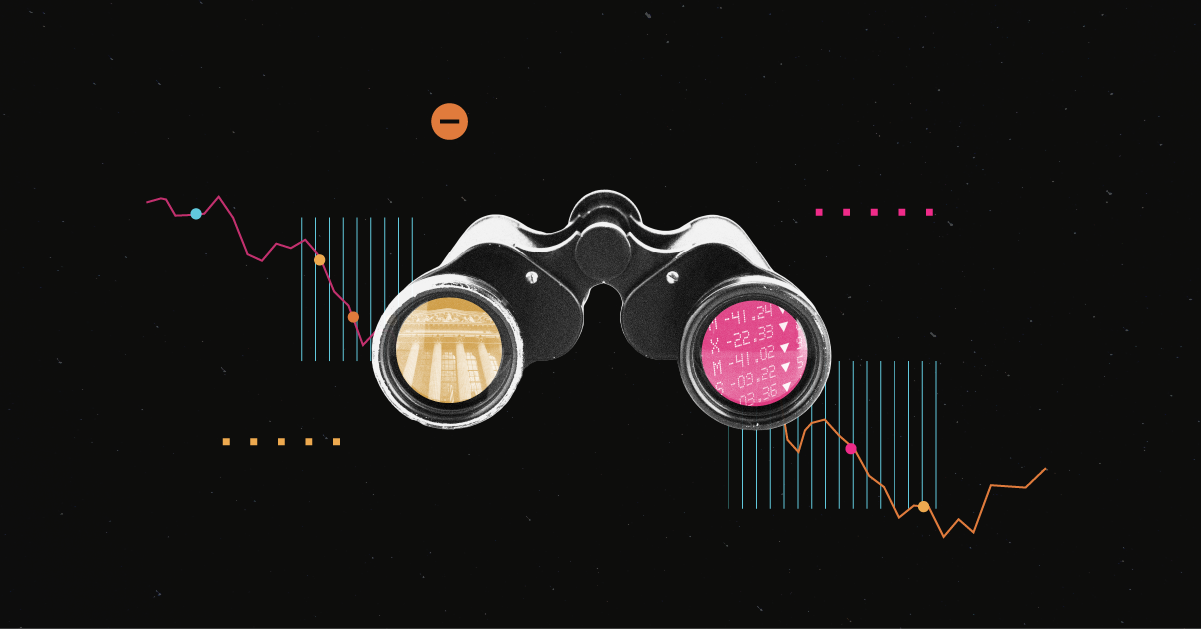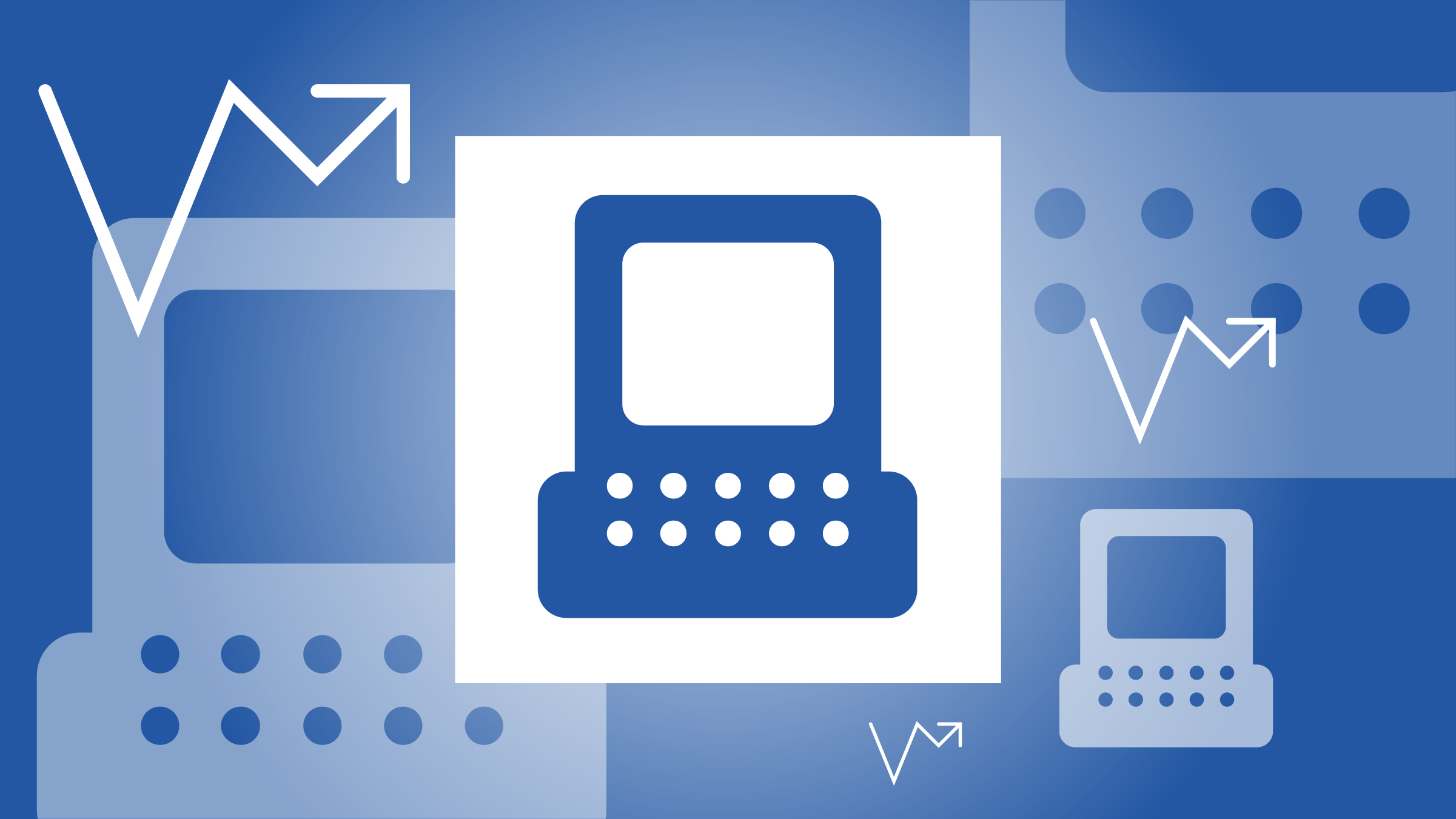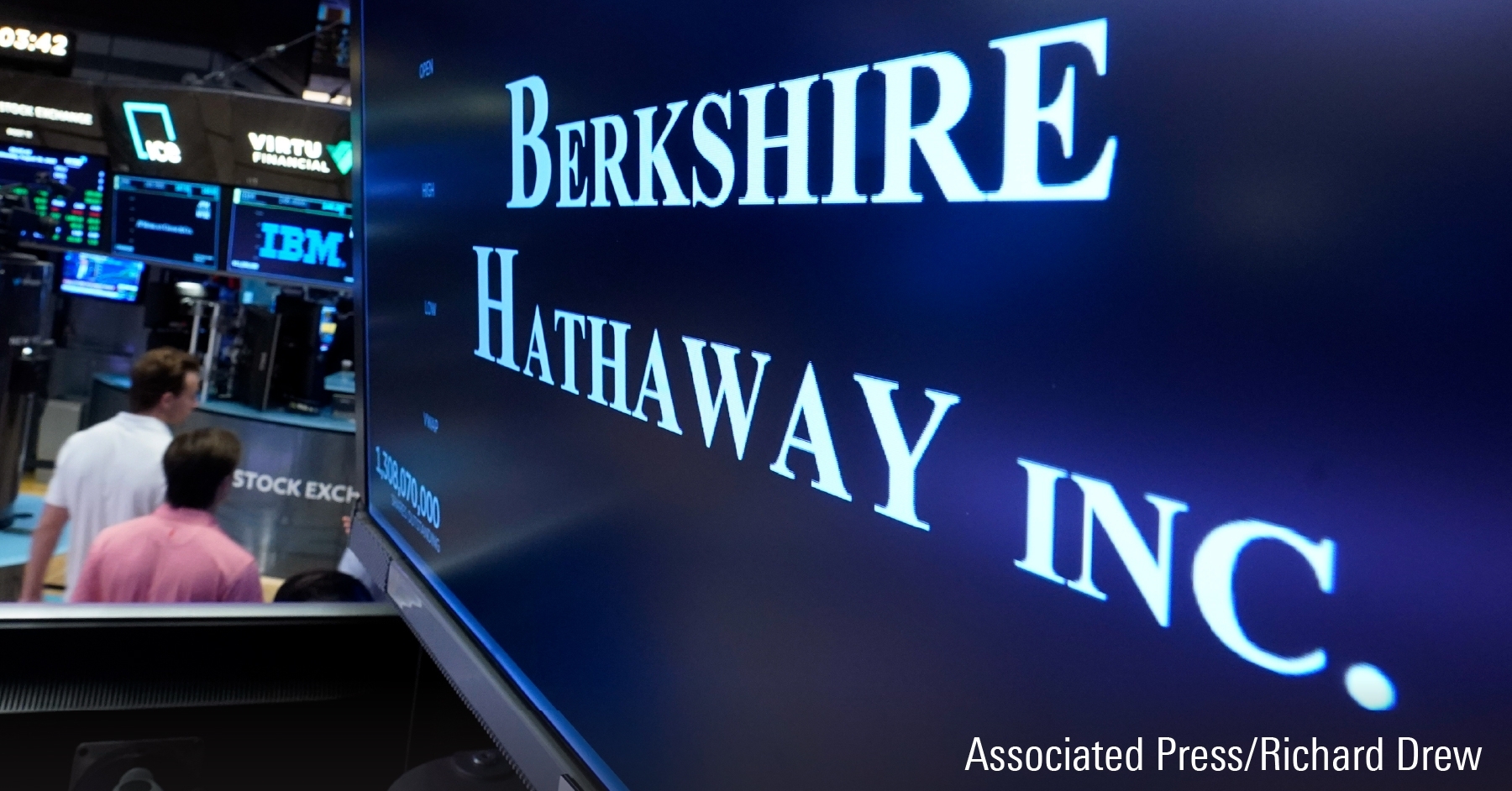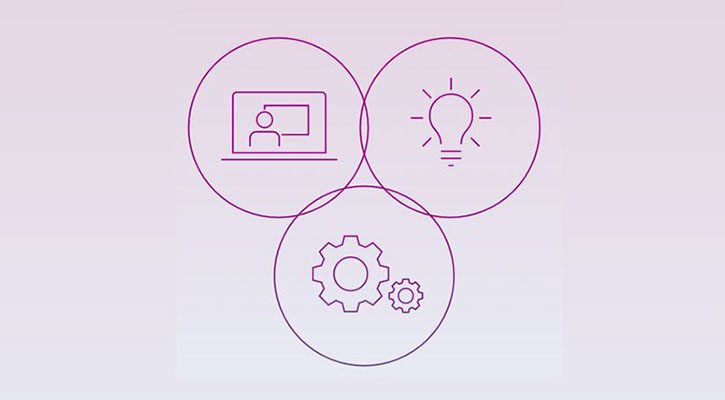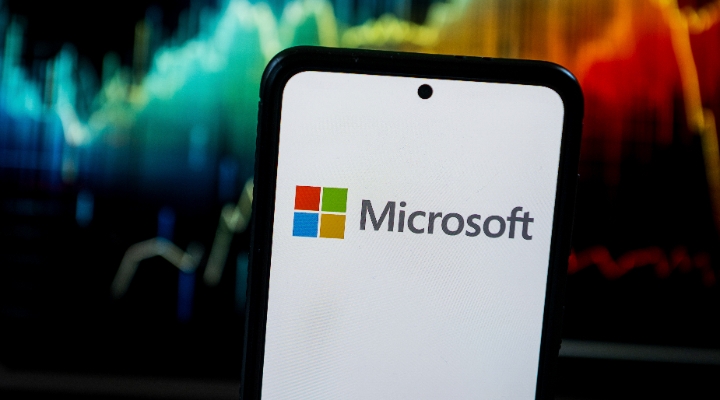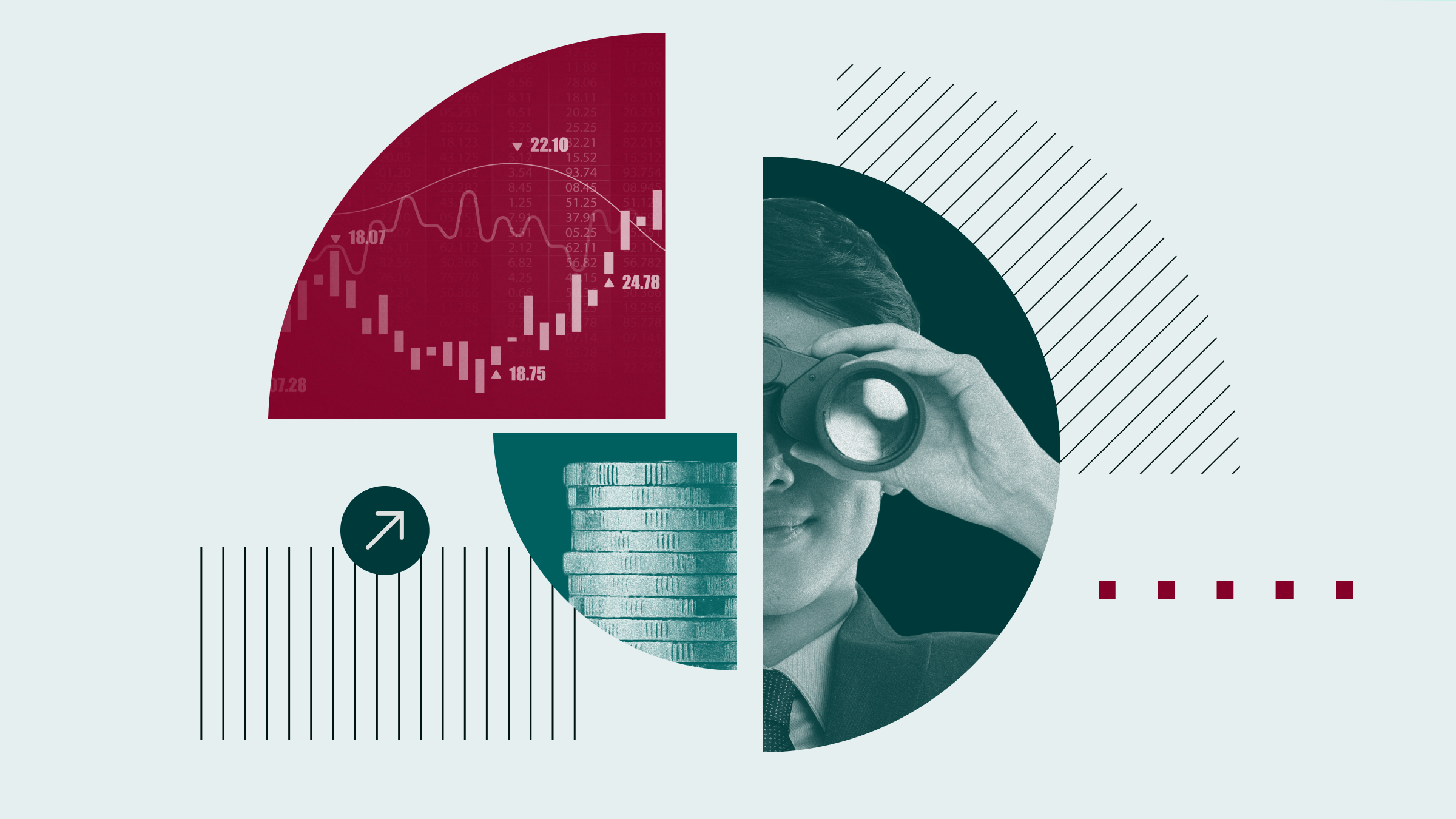Carlsberg's full-year 2014 results were in line with our expectations, so we are reiterating our DKK 600 fair value estimate, and believe the stock is undervalued. We are also maintaining our no economic moat and stable moat trend ratings. Carlsberg's lack of density in its geographic footprint means that it does not benefit from the same cost advantages as its multinational peers, while its limited exposure to secular growth markets should hinder its ability to create a cost advantage in the future. The firm also announced that CEO Jorgen Buhl Rasmussen is to retire in mid-2015 and will be replaced by Cees 't Hart of Royal FrieslandCampina.
We believe the near-term catalyst to Carlsberg's stock will be the performance of the business in Eastern Europe, which represents just under half of EBIT. Carlsberg is the largest brewer in Russia, a market that has been in freefall in the last few quarters due to geopolitical disruption and accelerating inflation. Recent trends continued in the fourth quarter, with Carlsberg underperforming the market on a volume basis with beer volume down 11% in Russia, ahead of the market's 7% decline. On a value basis, however, the market grew at a mid-single-digit percentage rate, and we estimate that Carlsberg's constant currency price/mix was positive to the tune of 5% in the fourth quarter. While this has undoubtedly been boosted recently by double-digit inflation, it represents a continuation of longer-term trends. The Russian beer market has suffered volume declines every year since 2008, while it has grown at a 10% CAGR in value terms over the same period. Foreign exchange remains a significant headwind in Eastern Europe, where reported results were 24% lower as a result of the depreciation in the Russian rouble and Ukranian hryvnia, and impacted EBIT by almost DKK 1 billion.
The only significant variance from our forecasts in 2014 was higher SG&A expenses, which were 1.6% higher than we had forecast. Guidance for next year implies mid-to-high single digit growth in organic EBIT. We are at the high end of the guidance, and may very modestly lower our forecasts for next year in light of this year's higher operating costs, but this is unlikely to move the needle on our valuation. CEO Jorgen Buhl Rasmussen will retire on 1 June 2015, and will be replaced by Cees 't Hart, currently CEO of Danish dairy manufacturer Royal FrieslandCampina. While we generally regard this as a positive, we are reiterating our Poor stewardship rating until we see evidence that new leadership will act in a more shareholder-friendly manner. On a positive note, Cees 't Hart has impressive consumer product experience at Unilever across multiple geographies, and his track record at Royal FrieslandCampina is impressive, where he has grown both the top line and margins. However, Carlsberg is controlled by the Carlsberg Foundation, a structure that could prevent the firm being acquired in the future, in our opinion, and management has not acted in the best interests of shareholders in the past through acquisitions at high valuations and equity dilution.
With the stock trading at a 13% discount to our fair value estimate, or around 14 times our estimate of 2015 EPS, any macroeconomic improvement could provide an upside catalyst to the stock. However, we believe there is greater inherent risk to the financial performance of Carlsberg because of its inferior competitive positioning. Despite its scale across multiple geographies, Carlsberg lags behind its larger competitors (its global share is only around 6% and its 2013 beverage volumes of 139 million hectoliters puts it well behind industry leader Anheuser-Busch InBev, with 426 million hectoliters) and it lacks dominant share in large markets to allow it to generate economies of scale to the same degree as its large cap peers. With EBIT margins currently in the low teens (versus margins north of 30% for SABMiller and Anheuser-Busch InBev), and with relatively low brand loyalty, we believe Carlsberg lacks both the competitive advantages and the financial flexibility to react to economic and operational shocks such as those being created by developments in Eastern Europe. Nevertheless, we regard the current situation as largely cyclical, and with the excise tax outlook stabilizing in Russia, these results may give investors improved confidence that management has set the bar low for a turnaround, in our opinion, and if the macroeconomic and geopolitical picture improves in Eastern Europe, Carlsberg could be well positioned to recover in 2015. This is a high risk story, however, and we recommend investors look for a wider margin of safety before building a position in Carlsberg.






